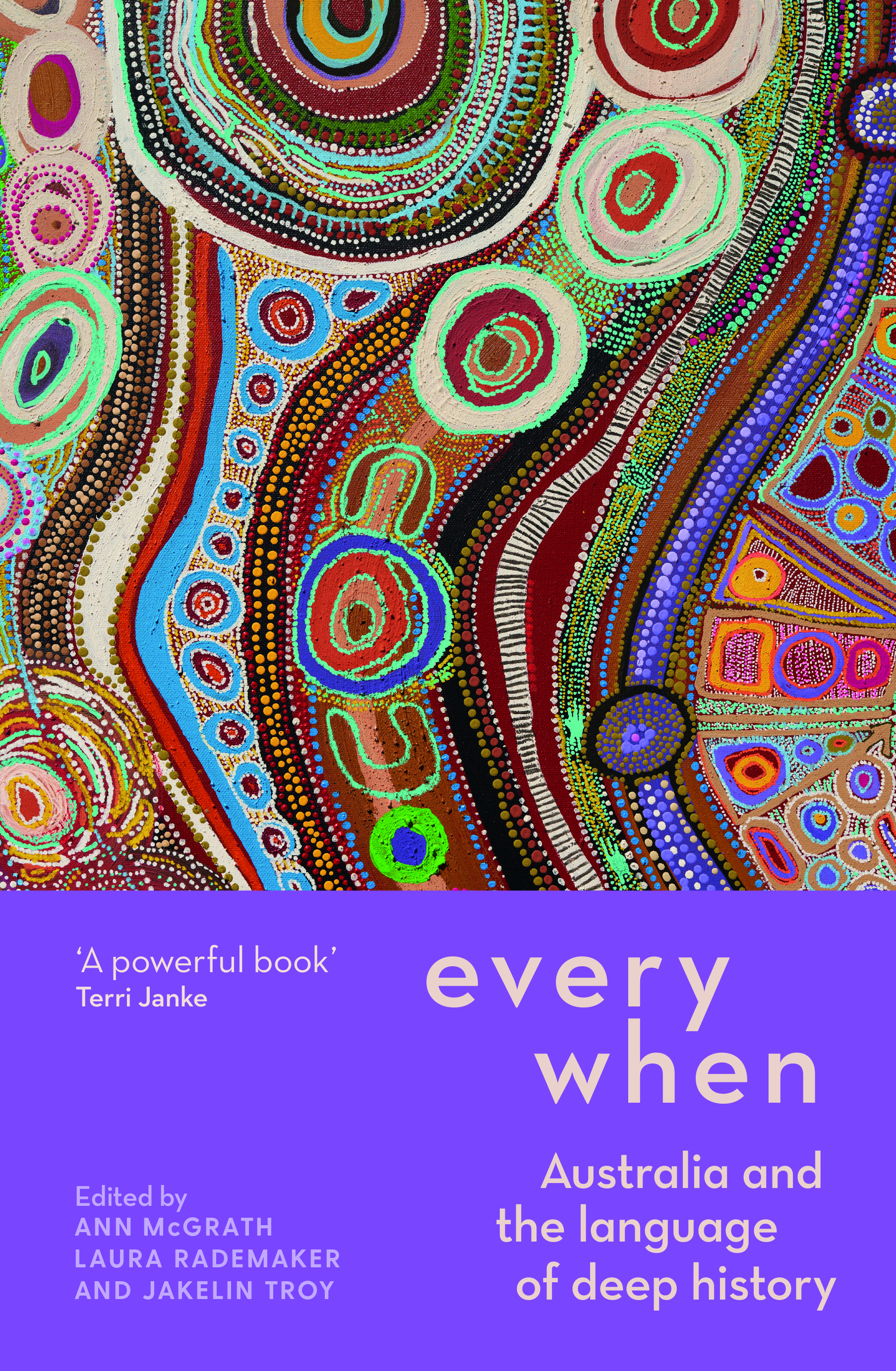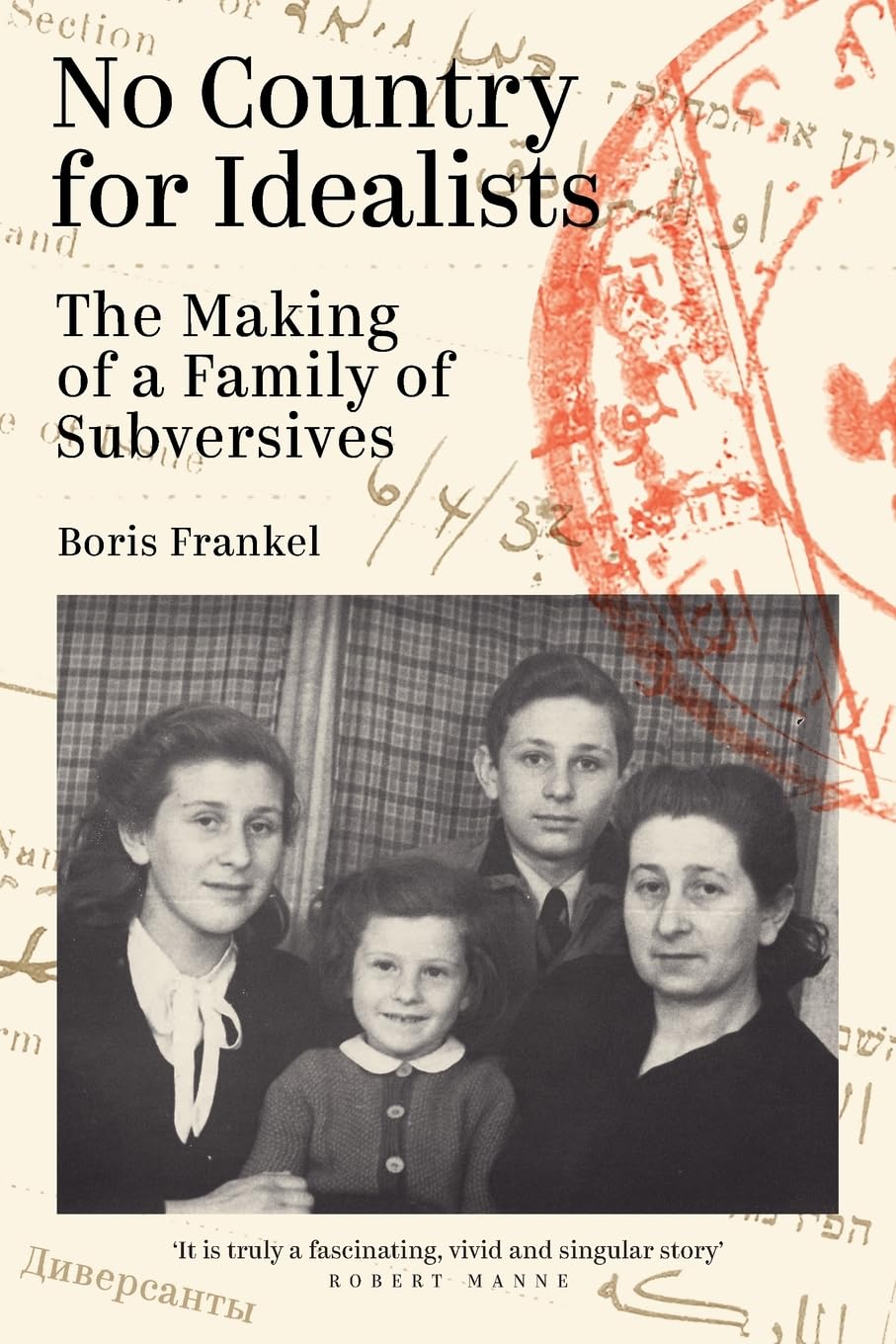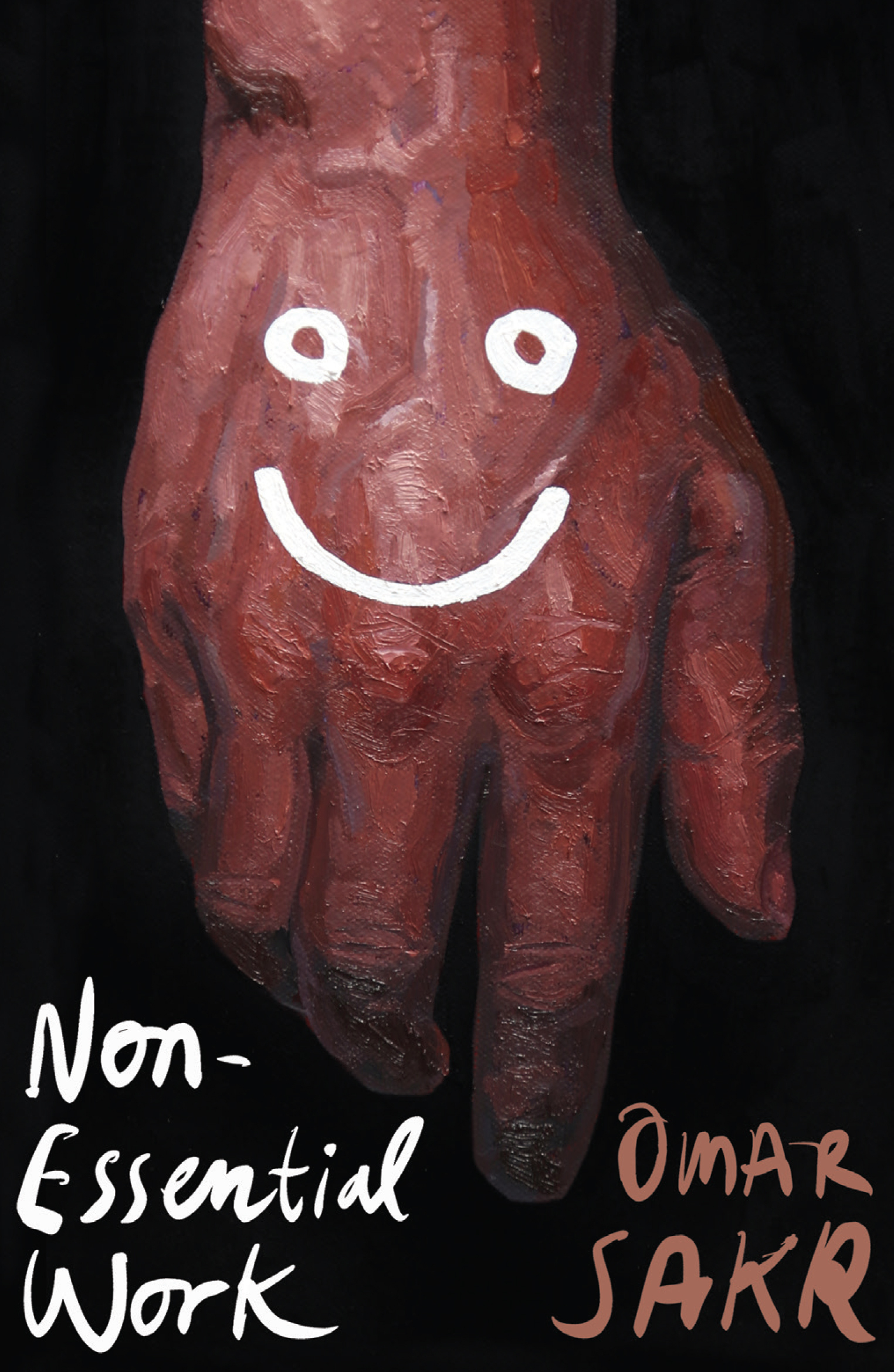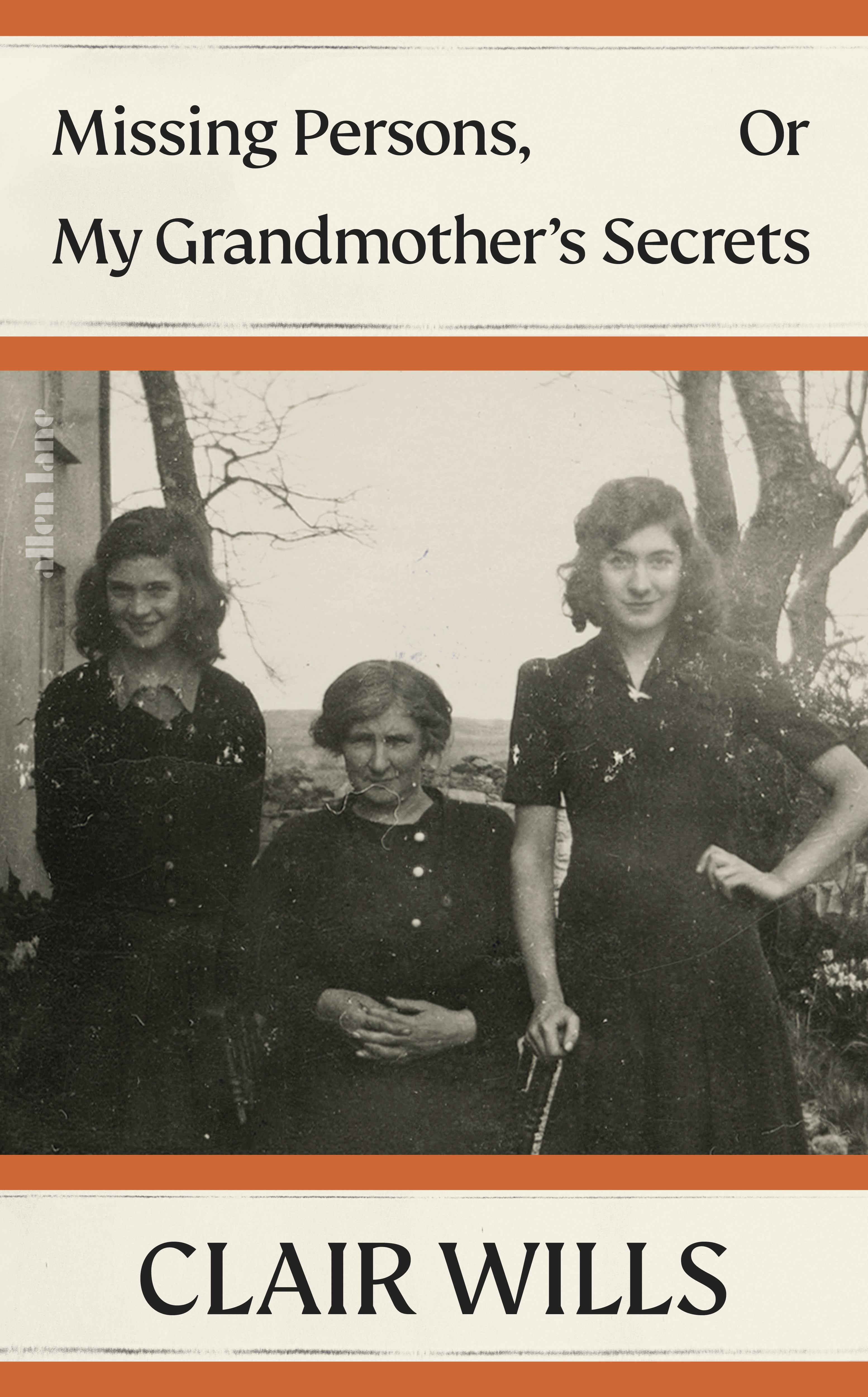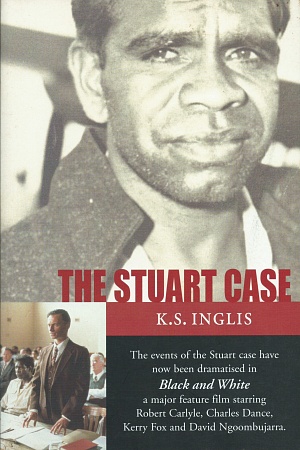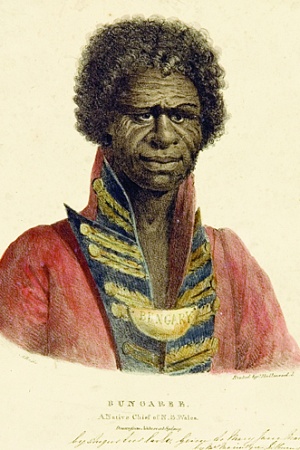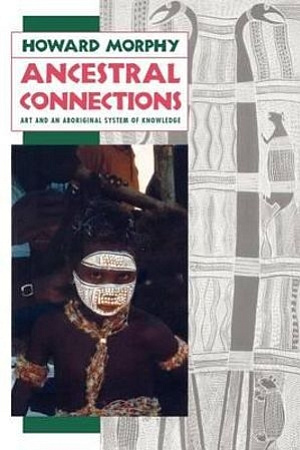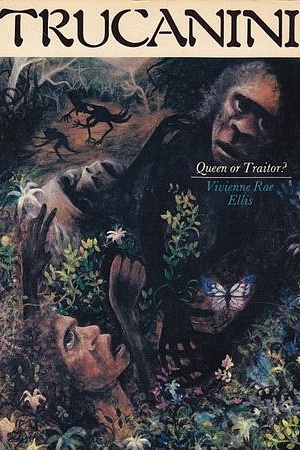Everywhen: Australia and the language of deep history
UNSW Press, $49.99 pb, 320 pp
The Dreaming
It can take an enormous intellectual effort for non-Indigenous people (such as this reviewer) to grasp Indigenous concepts of time. This is partially due to what Aileen Moreton-Robinson has described as the incommensurability of Indigenous and Western epistemological approaches. In settler-colonial terms, land is a resource to be appropriated, surveyed, and exploited. Temporality is generally used to situate the colonisation event, the before and after, from a perspective where time is linear and forward-looking. By contrast, in Indigenous cosmological approaches, land, culture, and time are co-dependent and in perpetual conversation. Country and time are indivisible.
So, while Western understandings of the Dreamtime situate Indigenous cultures in a deep, discrete past, befitting settler-colonial notions of immutable cultures locked in the Stone Age, Indigenous conceptions of the Dreaming are complex, relational, and, as Deborah Bird Rose wrote, best described as synchrony. The diversity and complexity of Indigenous cultures, languages and world views across mainland Australia, Tasmania, and the Torres Strait means that no single interpretation can be extrapolated to reflect the whole, further complicating how Country and temporality are understood.
Continue reading for only $10 per month. Subscribe and gain full access to Australian Book Review. Already a subscriber? Sign in. If you need assistance, feel free to contact us.

